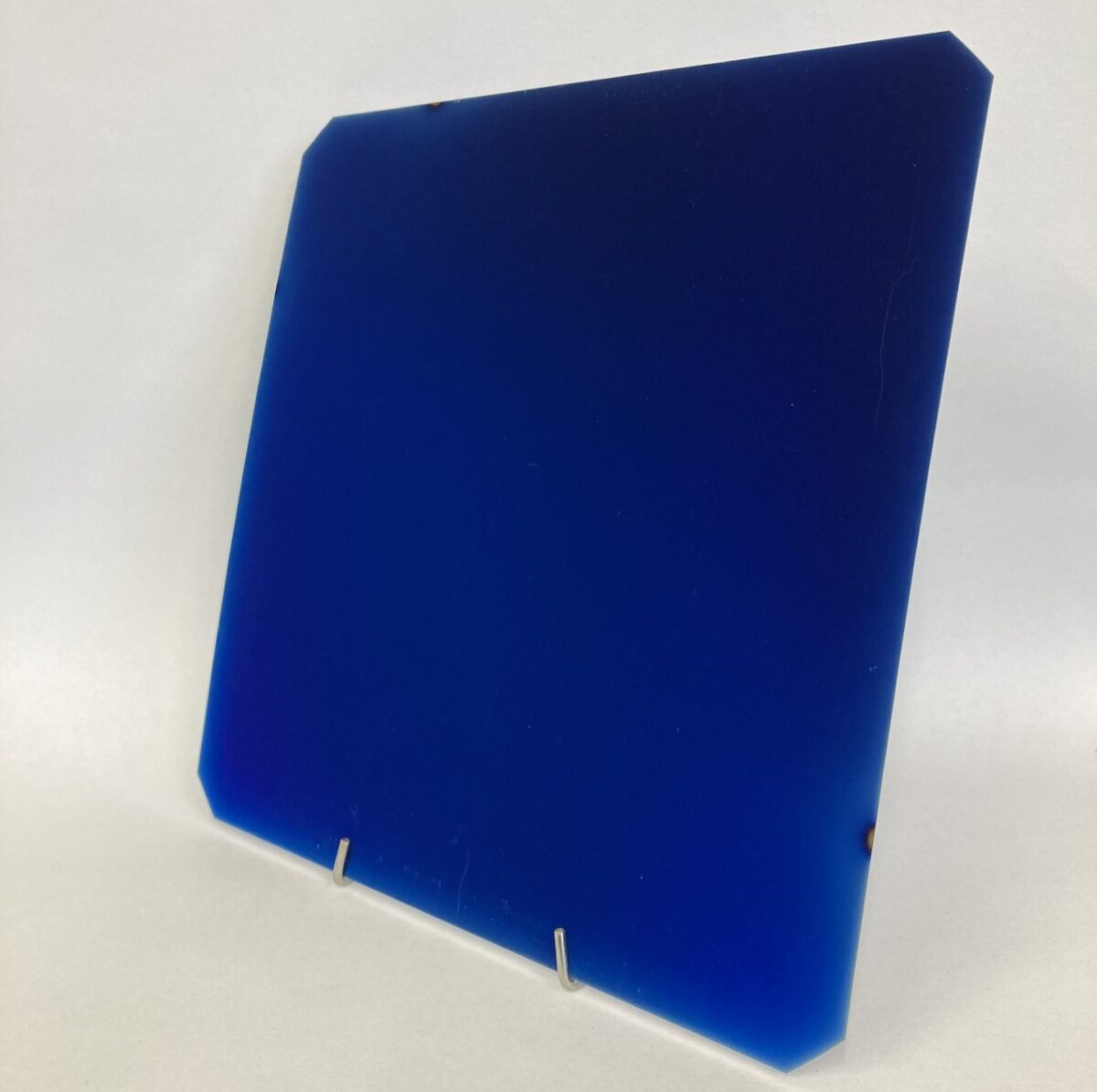German research institute ISC Konstanz has claimed a power conversion efficiency of 24% for a TBC solar cell. The researchers said their new IBC4EU solar cell was designed in accordance with the polyZEBRA concept.
“The polyZEBRA concept is an n-type tunnel back contact (TBC) solar cell featuring polycrystalline silicon TOPCon contacts on both polarities,” ISC Konstanz researcher Jonathan Linke told pv magazine. “The entire process is compatible with industrially established tools, in particular the patterning of the IBC structure is done by laser processes and the metallization by screen-printing. The process is compatible with copper screen printing.”
According to the researchers, the mean efficiency of the cell in a batch of 16 cells was 23.7% efficiency. These results have so far not been confirmed by an independent third-party entity.
The previous maximum efficiency of the device was 23.4%.
“Our goal is to reach soon an efficiency of 25% and an open-circuit voltage of 735 mV,” said Radovan Kopecek, the co-founder and director of ISC Konstanz. “We are working with FuturaSun on industrialization.”
In a recent interview with pv magazine, Kopecek said that interdigitated back contact (IBC) cell tech could account for half of the global market for solar modules by 2030. He says IBC will start to dominate once TopCON and HJT get stuck at certain efficiency limits, and he believes that TOPCon will be the first to fall.
This content is protected by copyright and may not be reused. If you want to cooperate with us and would like to reuse some of our content, please contact: editors@pv-magazine.com.




By submitting this form you agree to pv magazine using your data for the purposes of publishing your comment.
Your personal data will only be disclosed or otherwise transmitted to third parties for the purposes of spam filtering or if this is necessary for technical maintenance of the website. Any other transfer to third parties will not take place unless this is justified on the basis of applicable data protection regulations or if pv magazine is legally obliged to do so.
You may revoke this consent at any time with effect for the future, in which case your personal data will be deleted immediately. Otherwise, your data will be deleted if pv magazine has processed your request or the purpose of data storage is fulfilled.
Further information on data privacy can be found in our Data Protection Policy.